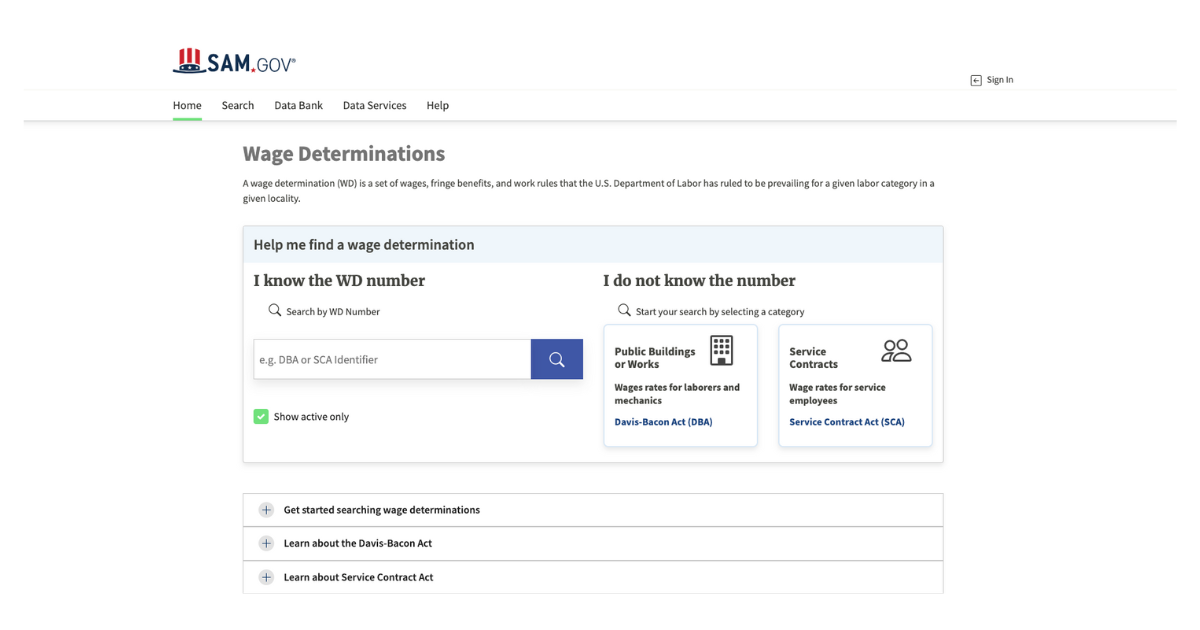The construction industry continues to grow, providing opportunities for companies and contractors across various industries. As an employer of construction workers, it’s critical to ensure you're meeting your human resources responsibilities accurately and completely.
The Affordable Care Act (ACA) places requirements on employers to make healthcare coverage available to employees, though these details are often overlooked. Here's what construction industry employers need to know about complying with ACA regulations.
Stay ACA Compliant as a Construction Company
Keeping current on evolving ACA rules allows you to avoid penalties down the road. Here are some key requirements by the ACA for employers to remain compliant:
- Your company must offer minimum essential healthcare coverage to 95% of full-time employees and their dependents
- Provide coverage that meets the minimum value (MV) requirement
- The offer of coverage must meet the IRS’ affordability threshold.
As you work to maintain compliance, focus on:
1. Meeting ACA Deadlines
Each year, construction companies must adhere to ACA deadlines, including issuing required forms to employees and reporting to the IRS by specified dates. Sticking to these deadlines avoids penalties.
2. Evaluating Company Size
It's critical to know if ACA regulations apply based on your number of employees. Coverage must be offered if you have 50 or more full-time employees, including full-time equivalent (FTE) workers as defined by the ACA as 30+ hours a week or 130+ hours a month.
3. Considering Your Industry
Your specific construction industry impacts how you comply with ACA. For instance, you may have a mix of full-time employees and 1099 contractors. Industry accounting standards also vary. Additionally, project timelines, such as short-term versus long-term, affect which workers require coverage under ACA regulations.
Construction firms today often have a handful of full-time employees. The type of projects and contracts you work on also influence reporting requirements. There are many construction and related fields that routinely work on government contracts, each with its own standards.
Knowing your niche helps you correctly file ACA paperwork and factor fringe benefits into reports.
Leverage Technology to Keep You Compliant
Managing ACA requirements can be simplified by using tools and technology to consistently track and document compliance. While some firms have skilled HR teams, dedicating an employee to fully monitor ACA forms, communication, and more is often cost-prohibitive.
These matters can get complicated quickly and may HR departments become overwhelmed with the manual processes of maintaining ACA compliance. Invest in some business compliance software that can seamlessly track any important changes. An ACA compliance platform has triggers and alerts set up based on employees' hours, new hires, and other factors that will affect your ACA reporting. ACA Reporter also lets you file electronically and send forms to your employees.
Staying on top of evolving ACA employer regulations is crucial for construction industry businesses. Leveraging solutions to manage the tactical details takes some of the burden off your team so you can remain compliant.
With decades of experience, ACA Reporter helps clients nationwide with construction payroll compliance, including ACA reporting. Our goal is to make compliance simple for companies of all sizes. Connect with us to learn more!



.png)
